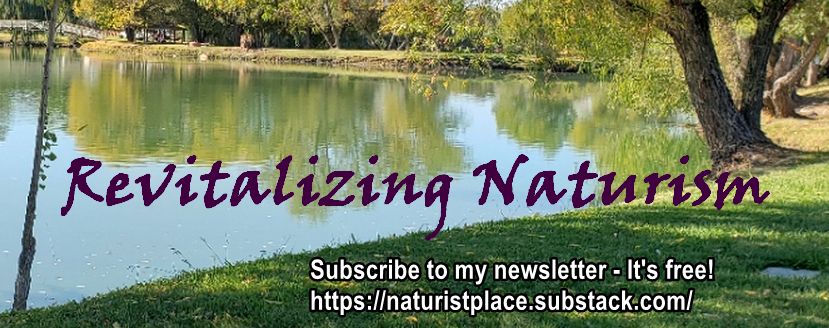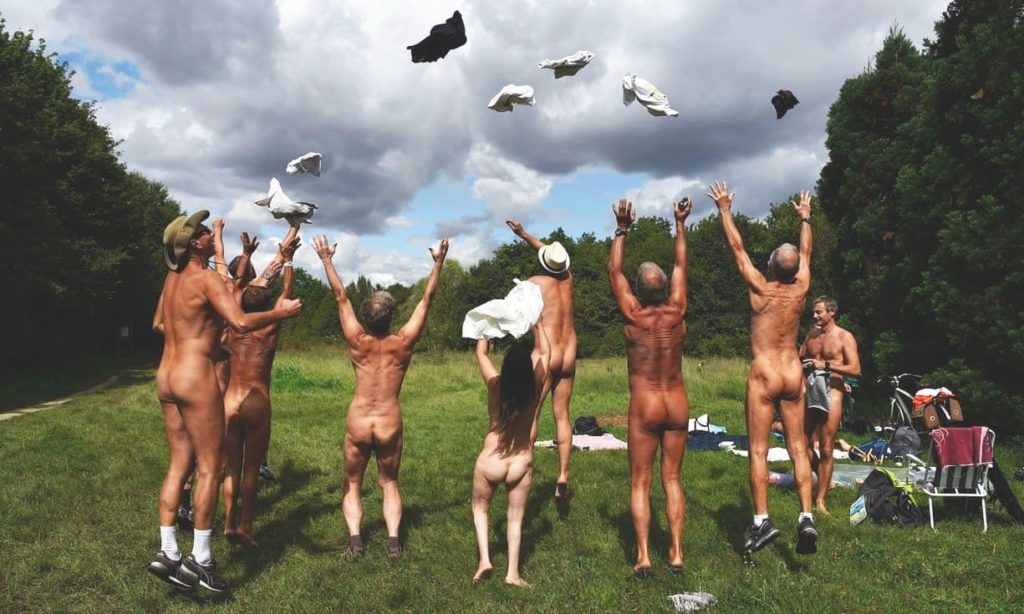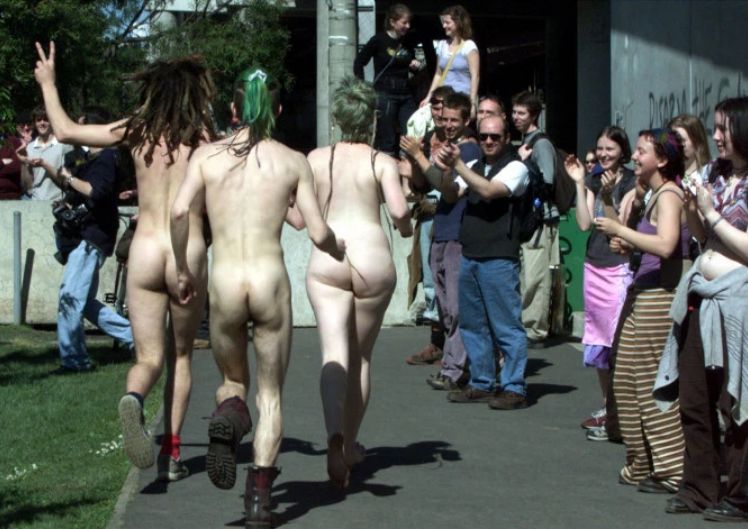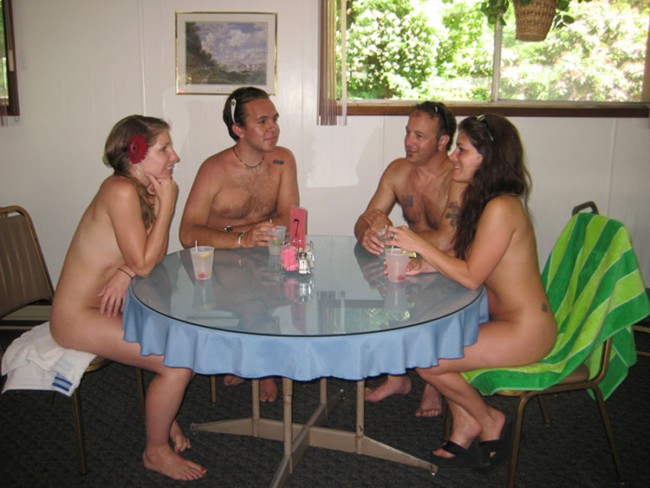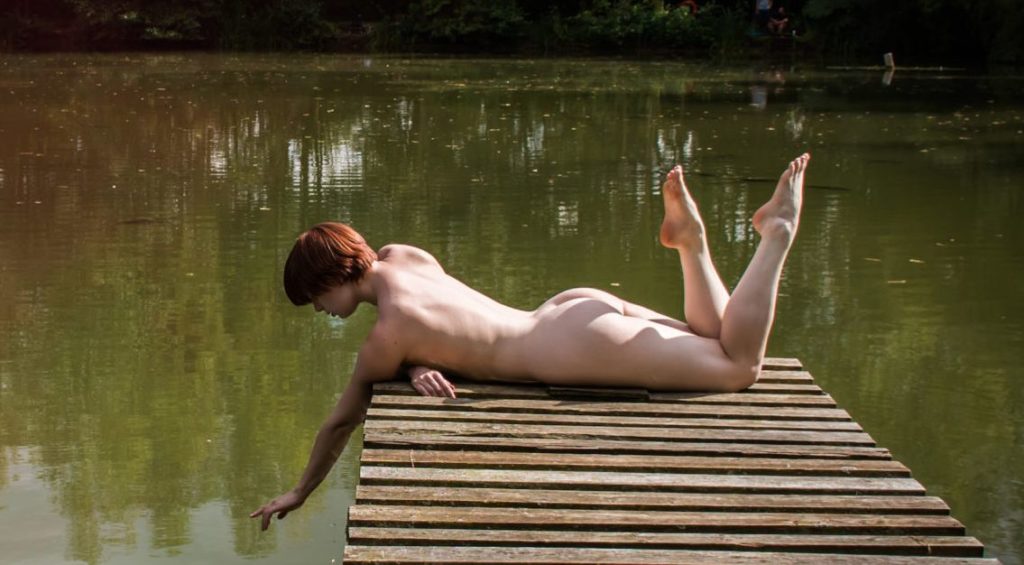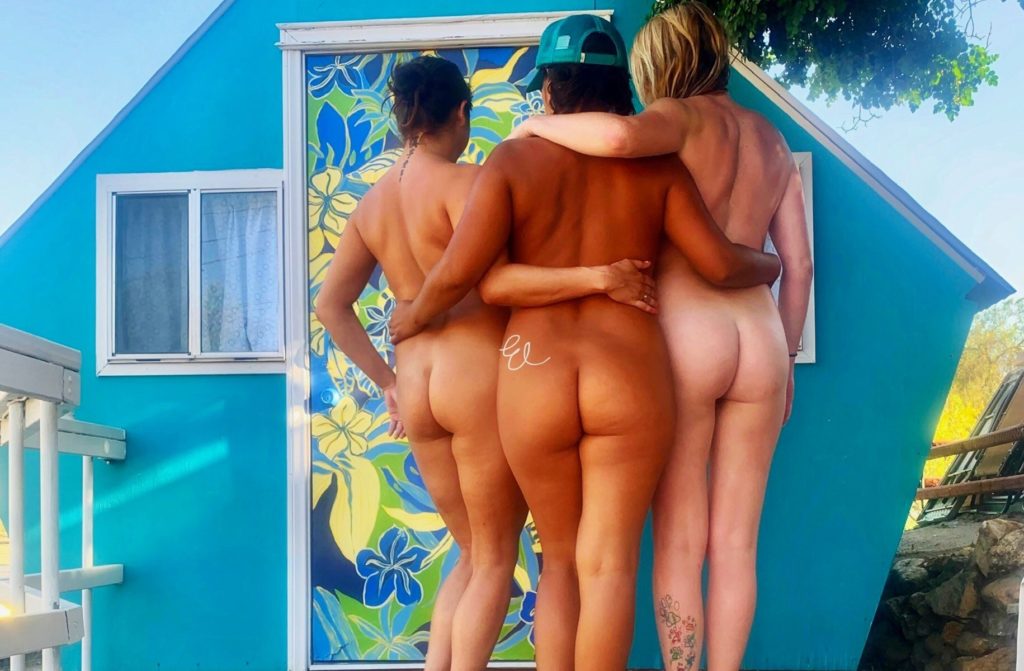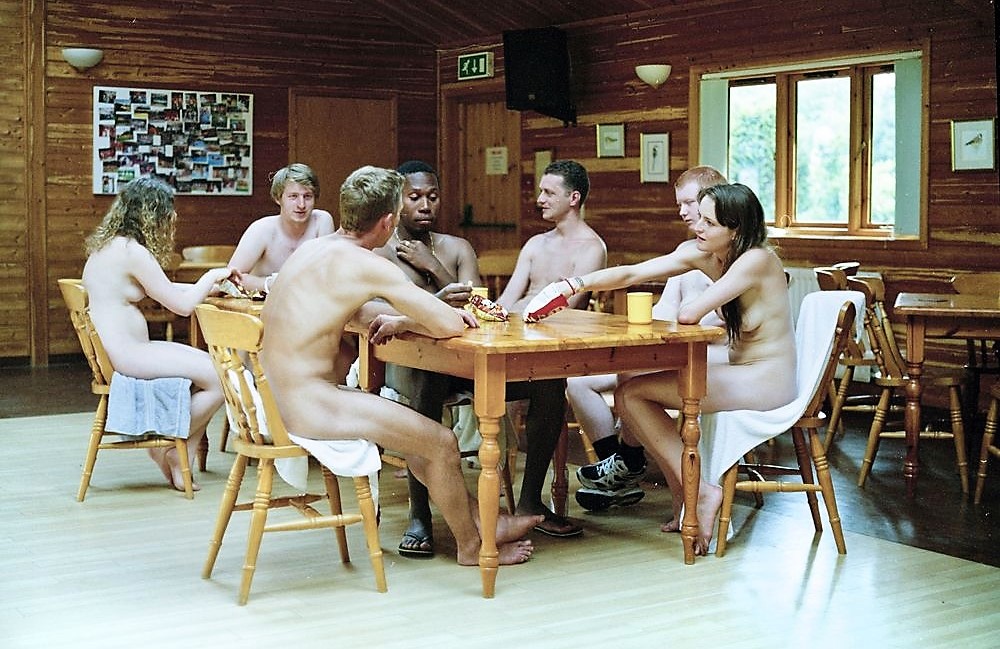
- How to Find Other Nudists
All of the suggestions in this article can work. But there’s one that stands out from all the others: visit nudist parks and resorts that are relatively convenient to you. If you’re already reasonably comfortable being naked around others, and you’re at least a somewhat sociable sort of person, you’ll be able to meet others who have many more naturist friends already. The first one or two folks you meet may not be ideal friend material, if only because they don’t live near you. However, if you hit it off well with those you meet, make it a point to ask whether they could recommend naturists friends of theirs who you might get along well with. It’s hard to exaggerate the value of personal recommendations. If you are recommended to other naturists as a person they might like, you’ll probably stand a very good chance of acquiring new naturist friends. Even if the club or resort you visit isn’t especially close to where you live, the people you meet there may be able to recommend friends of theirs who do live closer to you.It’s true that visiting a landed club or resort requires a little expense, and may be inconvenient or not a good option in colder times of the year. But the other suggestions also have drawbacks. You can, of course, have naturist conversations with people you “meet” online in discussion forums or networking sites. But the problem is that without actually meeting any of these in person, it will be more difficult for these online acquaintances to decide who among their friends are most likely to welcome you as a friend as well. Visting naturist beaches is also not a good option during colder times. Besides that, the beaches aren’t always good places to do this kind of friend-finding anyhow. That’s because many people at beaches are there only for the beach experience, and aren’t necessarily interested in socializing with strangers. Also, they may have little experience with social nudity outside of the beach environment and have few actual naturist friends. Although there may be others at the beach who are open to making new acquaintances, it’s hard to identify them among the larger crowd.
One suggestion that the article failed to include is Meetup.com. This option allows for meeting other naturists in person, perhaps much closer to where one lives, and without the expense of landed club fees. The sole purpose of Meetup.com is for people within a particular geographic area who share almost any kind of interest (including naturism) to get together at certain times to become acquainted and talk about their shared interests, or even engage in activities related to the interest – hiking or beach-going, for example. There are Meetup groups almost everywhere in the world. Group meetings could be almost anyplace – restaurants or other public gathering places, private homes, or outdoor areas. For naturists, nudity may or may not be possible, depending on the location, yet the opportunity for finding new friends is definitely there as one of the main purposes. Established non-landed naturist clubs may also use Meetup to arrange meetings.
- The ‘generational clash’ between young and old nudists
It’s springtime in Australia, so naturism is, unsurprisingly, getting much more attention in Australian media, just as media in the northern hemisphere have gone mostly silent on the subject. This account focuses on the tension between different generations on their approach to naturism. “New” generations tend to be recognized starting roughly every 20 years. As young folks become adults they naturally identify more with each other than with their elders – but only until they become the “elders” themselves.This understandably leads to tensions between generations in naturism, as in many other aspects of society. It’s manifest in the sorts of sports and activities people enjoy, the music they prefer, and even the kinds of food they like. These intergenerational differences make it somewhat difficult for younger people to engage with naturism, where the older generations have mostly set the tone. What needs to happen is for people on both sides of the divide to understand this situation, and be willing to make reasonable allowances so that naturism can be enjoyed together by people regardless of age.
An interesting – and possibly very positive development – has been noted by the general manager of the Asia Pacific region of the Eventbrite event management and ticketing company. He observes that “the number of nude events on the platform had grown 265 per cent across Australia over four years.” Much of this growth may be due to young naturists, who would be looking for ways to enjoy naturism with their peers in ways that are different from what older naturists are used to.
- ‘I hate clothes’: What life is like as a practising nudist
If you’ve been a “practising nudist” for more than a month or three, you’ll find little surprising in this article – your experience has probably been much like that of those quoted. However, the quotes have been selected to show naturism in a positive light – as something innocent that certain people (like yourself) find life-enhancing. So you might want to show this article to friends and relatives who have a hard time understanding what you like about nudity – just to show you’re not the only one who feels this way. Since it’s from an Australian source, everyone quoted is an Aussie, but their observations are typical of naturists everywhere. The editor/publisher of an Australian naturist magazine speculates about how much of the population in his country might be partial to naturism, though it’s impossible to know exactly. “We take some guesses,” he says. “We reckon there’s probably about four, four and half per cent, that treat naturism as part of a lifestyle. They do their nine-to-fives, they come home and the first thing they do is get their gear off and relax.” - Labour Weekend Hotting up for Stripping Off
If you’re a New Zealand naturist and just reading about this, I’m afraid you’ve missed the event – the local “National Nude Gardening Day”. It was October 26. Sorry about that. But since gardening is usually done at home, it’s not too late. It may or may not be the best time for new planting, but in the southern hemisphere the days will be getting warmer for a while. So being naked in your garden probably won’t be any less easy now than on the “official” day – depending on how much your neighbors might see, or care about what they see.
More: Naturist explains why she gets her kit off to garden,
Get Some Sun on Your Bum this Nude Gardening Day - The 10 Best Nude Beaches in the U.S. AND Internationally
Articles like this appear regularly. A few beaches often show up repeatedly, but there’s no real consensus as to what beaches are “the best”. Different beach characteristics appeal to different people. This selection, however, seems pretty good. But unfortunately, if you don’t live fairly close to the sea, you’re options will be fairly limited.
